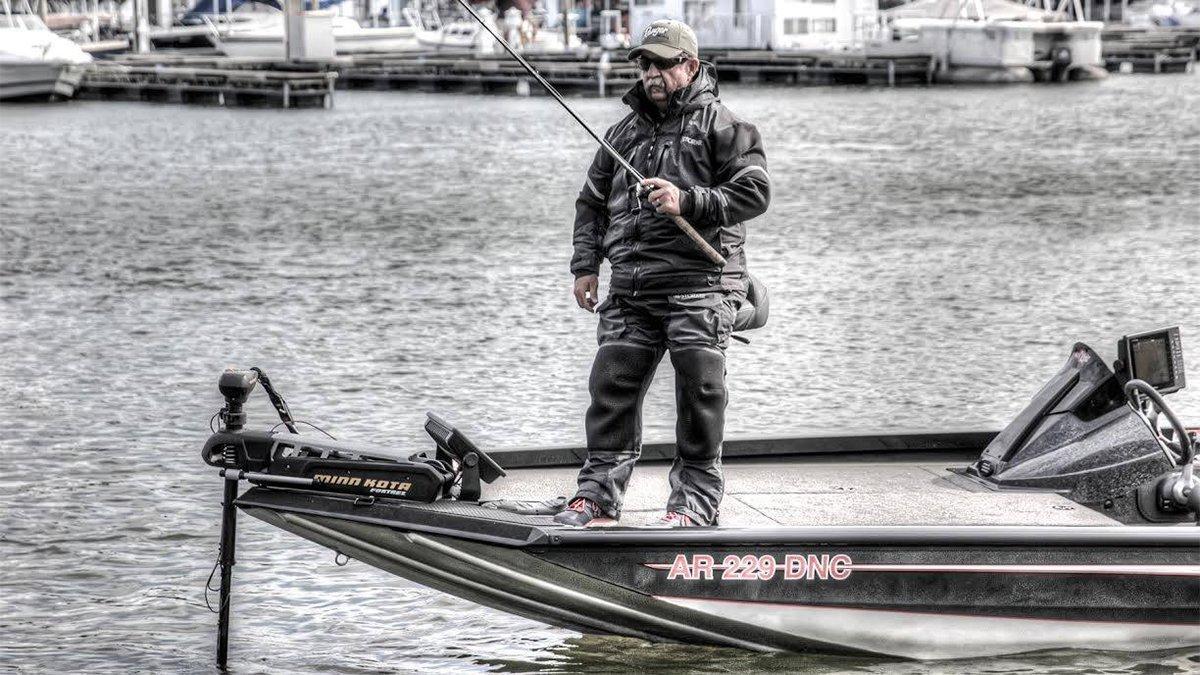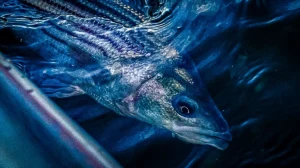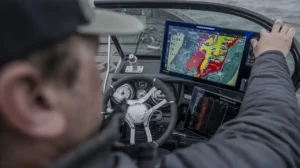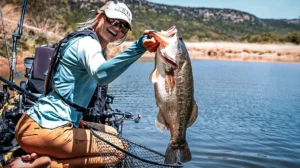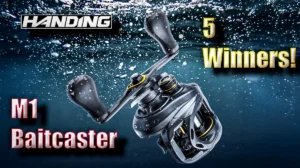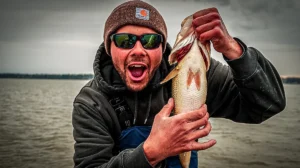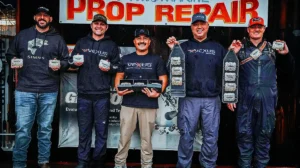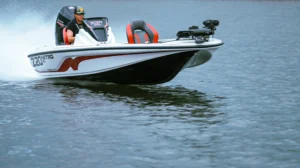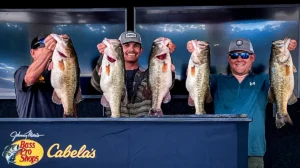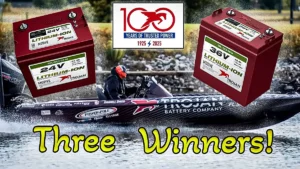This spring and early summer have been trying on the water for me. I have had more bad tournaments than good ones and honestly, I’ve been questioning my motivation and thought process every minute I’m not on the water.
That’s not characteristic of me. I thought I had outgrown that years ago.
Because fishing is such a large part of my life—heck, it’s my job—I’ll never give up, but something has to change. Enjoying a certain degree of success over the years has spoiled me a bit and it seems to be a double-edged sword; a little success can drive us, but a lack of it can drive us crazy.
I think most anglers have felt the same way at some point, so how do we break free from the funk? We could talk in clichés and talk about better preparation and what not, but I don’t think that’s the answer. In my opinion, it’s more attitudinal than operational.
To keep myself honest, I have started making fishing logs again. I’m jotting down notes—any and everything—that come to mind on both the good and bad fishing days.
Here are some of my notes. I think they might help you if you’re struggling with a similar problem.
Something is always changing.
No matter how consistent the days might seem, rest assured something is always changing. Tournaments used to be my gauge to better myself. Today, they are a drudgery and I keep finding myself questioning my intuition on the water and my past experiences are pulling me in the wrong direction.
It’s easy to fish history and focus on spots where you’ve caught ’em before, but that can sink you like a brick. The fish are always changing and it’s incredibly difficult to rely on the same spots every single fishing trip. Instead of relying on what used to work and being bull-headed, maybe trying new areas and techniques is the answer.
Cut the negativity and work harder.
Let things happen and learn from the bad days on the water. You’re not going to catch them every time you hit the water. Some of the worst days of fishing can actually be the most important. Being out of the office and on the water is therapy; the doctors should prescribe it as a stress reliever. When you get in a rut like I’ve been in, fishing can become a stress creator if you’re not careful. Leave the work at work, commit yourself to the fish throughout the entirety of your fishing trip and stay positive.
Fish for the love of it, not to win.
Fishing free and easy always means fishing better. Only a very small percentage of human beings make a sizeable part of their livings by catching bass. It’s not the end of the world if you don’t catch ’em or have a bad tournament.
We have to learn to enjoy the small things again—the camaraderie, the sunrises and the feel of the sun on our faces. If you win a tournament, that’s a nice bonus.
Ditch the cell phone.
“The leash”, as I call it, is another way to get incredibly distracted. I seem to fish much better when it is turned off. Bringing it is probably a good idea, but turn it off or on vibrate and store it in your glove box for emergencies when on the water.
Read the conditions and don’t spin out.
The first thing I used to do when I got to the ramp was look at water color and wind direction. Lately, however, I have been looking at spots and who was on them. I haven’t been reading conditions well and I’ve also been ignoring a lot of the wildlife. All of the animals tell a story too, and can help you make quick on-the-water adjustments.
Instead of my recent stubborn approach of fishing what I have tied on and forcing the fish to do what I want, I need to be changing to the conditions. Sounds simple, doesn’t it???
They’ll be shallow, middle or deep.
Instead of trying to “make” the bass be somewhere, I need to spend more time behind my electronics and fish where they are. It sounds pretty dumb, but remember: We can’t make the fish be somewhere. They don’t care how you want to catch them.
You don’t have to cast to learn.
We could all become better anglers if we learned to utilize our electronics better. It doesn’t matter if you have an old, black-and-white depth finder from a few decades ago. Idle and pay close attention to depth changes, current direction, wind direction and water temperature. You can cover water much quicker if you’re idling and not constantly casting.
Positive attitude can mean positive execution.
After the last few tournaments, I just about scheduled a garage sale and sold it all. I was aggravated! But I kept going fishing for the next several nights after work. I went through every rod and reel I had and respooled it all. I put it behind me and made myself think positively.
And guess what? I’m starting to catch them again. Once I started enjoying myself and fishing for the right reasons, everything turned around. I’m close to being back in my groove and this fishing log really helped me expose the things I needed to work on.
If you’re in a rut, bring a pen and paper in the boat with you. I’m willing to bet it will open your eyes in ways you never imagined.


